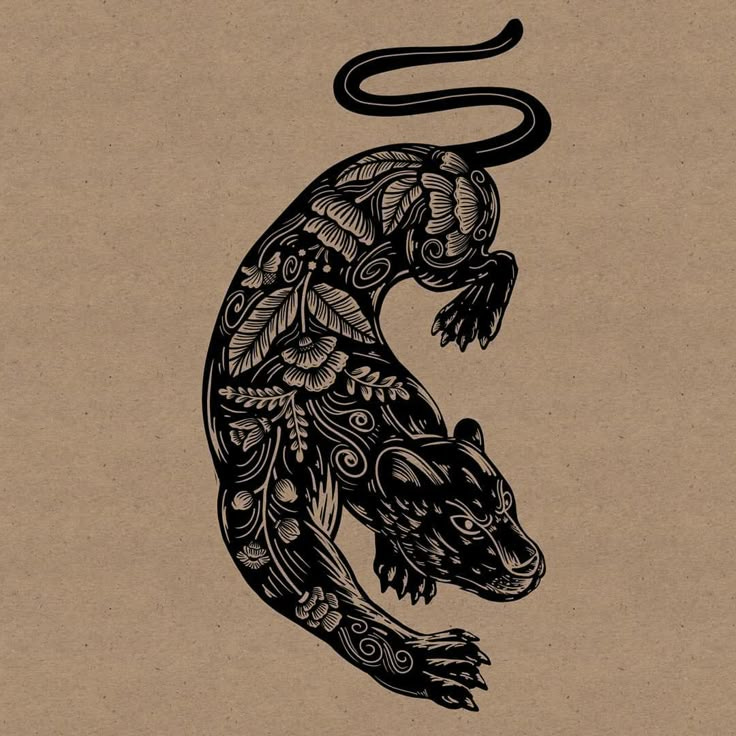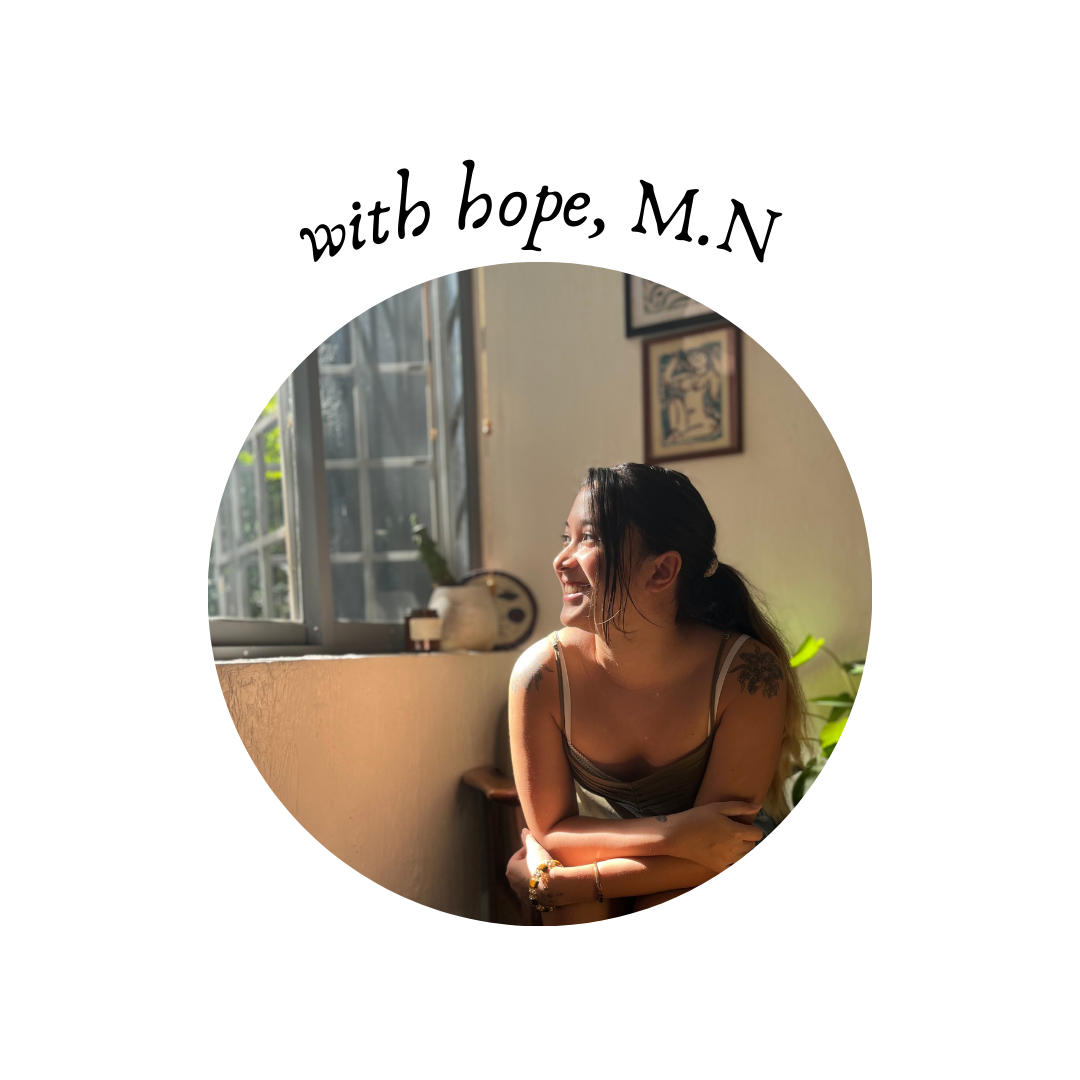Tracking the free world
Collective visions and imperfect relational organizing
Recently, I’ve been thinking about the small signs and spoors that we are on our way to a free world. If freedom is an animal that we are tracking through the wild reclaimed forest, what marks would it leave behind? What imprint does freedom have on our soil? Is it feathered or fanged? I invite you to answer these questions below to see how diverse our collective vision can be.

Last week’s letter left you with these words: You don’t have to make history, but you are still invited to make something beautiful. I meant for this to be ambiguous because I don’t think we need more people prescribing what revolution will look like. We need more people practicing revolution by organizing collectively in diverse ways, each according to their diverse needs and capacities.
There is so much that’s possible in how we organize socially and politically. This is clear when we dare to question the dominant narrative of social progress, the carefully crafted lie that authoritarianism and hierarchy naturally emerges from more complex societies. “If we want thirty-one flavors of ice cream and efficient public transport, some fascism will emerge, but it’s okay because we’ll still maintain democracy in the end. Oh, indigenous people? They’re more egalitarian, yes, but they’re undeveloped, uncivilized.” Here, the indigenous critique is useful to review.
In truth, over the course of human history, people have organized themselves in infinite colorful ways. Yes, that means some weird stuff was traditionalized, like Inuit seasonal orgies that we don’t necessarily imagine in our future. But also, more often than not, people were motivated to share resources with each other instead of compete and hoard. There were chiefs and leaders, but they acted more like highly appreciated helpers than punitive medieval kings. (Check out the writings of David Graeber and David Wengrow in The Dawn of Everything for more information)
We should act as if anything is possible, even something as audacious as freedom.
Freedom truly is possible under the right conditions and with enough time to grow. “Social justice” is a creative experiment, something we are continuously developing and adapting. It will never be perfect, it will never be finished, and that’s okay. We should be relieved that we’re excused from the burden of perfection. Free from the myth of exceptionalism, we can focus our attention on more interesting considerations, such as: What do we need? What values do we want to encourage? And how do we practice these values?
The actual practice of organizing free communities and societies happens in relationship with others, so the most important thing is having the courage and care to adapt to others’ needs and vision. Being open to change is what we need for actual societal change.
I’ll continue to share my thoughts and reflections in the coming weeks. I’m also working on a few other writing and community building projects, so please bear with me if (when) these letters come late. Thank you for your support!
These letters will always be free. If you enjoyed reading, please consider leaving a gift.




i always wonder, in this digitally connected word. when will the hush come, the one that allows all of us to listen and then come together and then put into action this world we dream of.